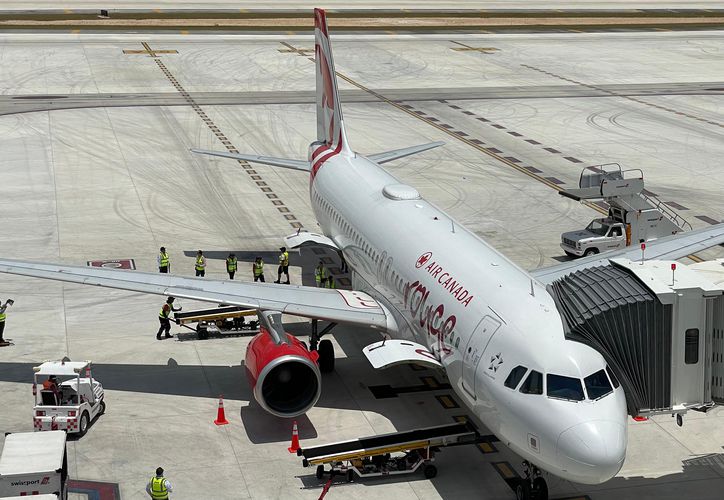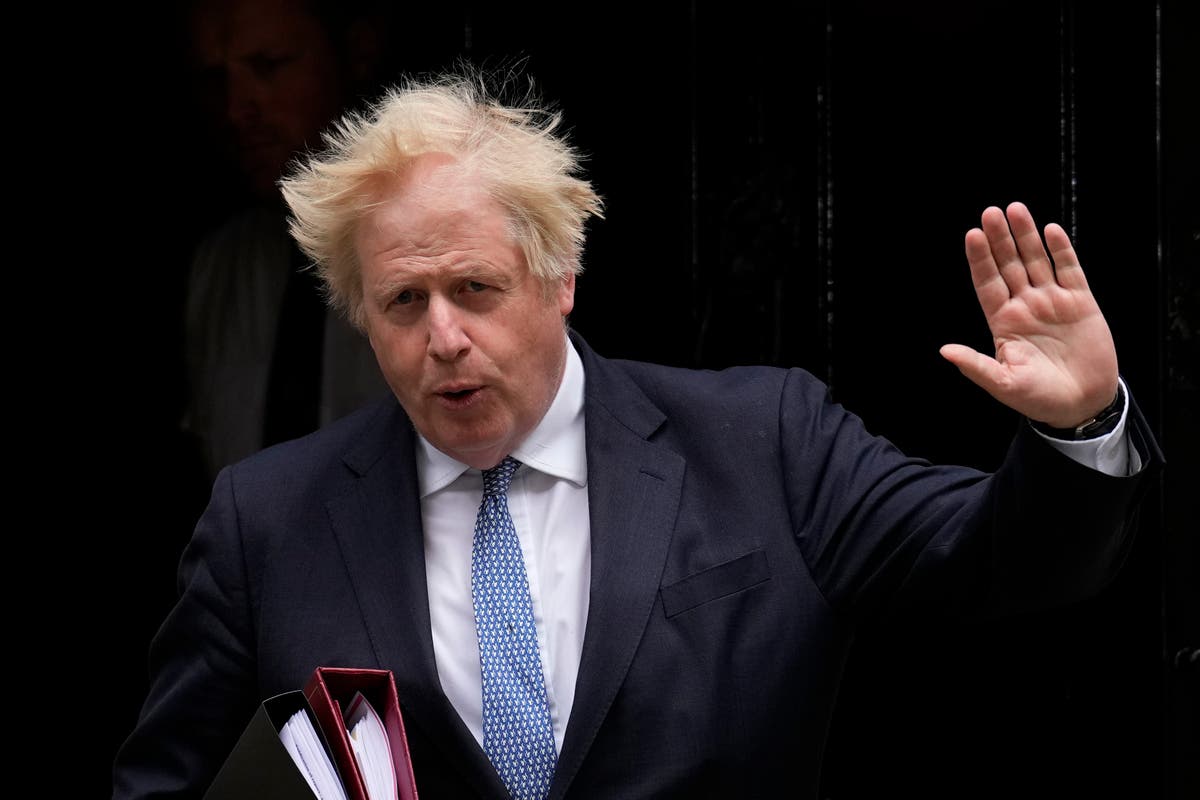The parliamentary elections held in Scotland on May 6 were a victory for two parties with pro-independence trends, the Scottish National Party (SNP) and the Greens, which reached an absolute majority of 72 of the 129 seats in the Edinburgh Council.
Scottish National Party Prime Minister and Leader Nicola Sturgeon described the result as historic and extraordinary and once again expressed her determination to hold a second Scottish independence referendum to leave the United Kingdom.
Sturgeon announced that it will focus first on the economic and social problems caused by the Coronavirus (COVID-19) pandemic and then work on getting Scots to use their right to self-determination.
The Minister indicated that her country is obligated to obtain permission from the UK government regarding the referendum in which it said, “It is a fundamental democratic right.” He emphasized, in turn, that British Prime Minister Boris Johnson had no good reason to limit the will of the Scots.
See also: The Scottish National Party won 64 seats and lost only one for an absolute majority
Can Scotland legally leave the UK?
The UK’s exit from the European Union was not only an act against the will of the Scottish electorate, it could also legally facilitate the departure of Scotland from the United Kingdom.
There is no doubt that one of the basic principles of the United Nations is the right of peoples to determine their own future, but there are restrictions on international law in this regard. As stated previously in other articles published by Anadolu Agency on independence processes in Catalonia (Spain), the exercise of this right must not lead to a breach of national unity.
In this regard, the United Nations General Assembly Resolution 1514 of December 14, 1960 entitled “Declaration of Independence of Colonial Peoples” is important. This decision, as its name suggests, is essentially limited to the right of colonized peoples to determine their own future.
Specifically, Article 6 states that “any attempt aimed at partial or total disruption of national unity and territorial integrity” is inconsistent with United Nations law.
There are several other General Assembly resolutions that affirm this basic principle. This principle was also adopted in the Final Act of the Helsinki Agreements, the 1989 Vienna Act, the 1990 Paris Charter, and the 1991 Moscow Act.
However, the legal status of Scotland is very different from that of Catalonia, although Catalan nationalists take Scotland as an example.
The center of autonomy for Catalonia is derived from Article 2 of the Spanish Constitution. In other words, the aforementioned right to self-government is a right transferred by one side from the Spanish central government to Catalonia. Therefore, Catalonia cannot declare its independence without the consent of Spain.
On the other hand, the same cannot be said of Scotland because Scotland is one of the four founding countries that make up the United Kingdom.
Scotland is a side of the Kingdom of Great Britain, which was formed as a result of the passage of the laws of union, which is the Consolidation Agreement signed with the Kingdom of England in 1706 when Scotland was an independent kingdom.
Although this union was seen as a continuation of the unification of the thrones between the two kingdoms in 1603 and was intended to prevent a secession, it is clear that there were two sovereign sides.
Sovereign states can unite and form a federation, and they have the right to break this unity even after centuries. That is why the Catalan and Basque nationalists tried to prove that they had formed an independent legal entity in the past to support their demands for independence in Spain.
The French mediator referred to Le Monde in an article entitled “Boris Johnson in the Scottish Trap”. [1] The outcome of the Scottish election goes hand in hand with Brexit and the last minute agreement the UK signed with the European Union, as there are still unresolved problems such as customs and hunting procedures.
Le Monde pointed out that the atmosphere of separatism in the United Kingdom is not limited to Scotland, but a similar situation exists in Northern Ireland.
What really annoys Johnson is that the nationalist ideology now advocating for European Union membership, and the same rhetoric that Junchon used against the European Union has now been mobilized against the United Kingdom on behalf of Scotland and Northern Ireland.
Some might ask, if the UK were to remain a member of the European Union, would Scottish and Irish nationalism be restricted more easily?
it is not easy to answer this question. However, as Le Monde emphasized, the independence of Scotland from the United Kingdom today is not possible for political, especially economic reasons. However, Johnson also does not have a trump card for resisting the second independence referendum for so long because there is no constitutional obligation in this regard as there is in Spain. Consequently, Boris Johnson may eventually be forced to allow the Scottish referendum.
Given that membership of the European Union suppressed the desire for independence in the first referendum and that Brexit fueled nationalist ideologies not only in Scotland but in all of the founding countries that make up the United Kingdom, it is imperative to recognize the possibility that the supporters of independence will go in Scotland. To the polls getting stronger now.
Could a situation such as this, which has not yet occurred, be the beginning of the UK’s further fragmentation?
It may be too early to give a serious answer to this question. But like the UK global leadership (Pax Britannica), which has left its mark for more than a century since the Congress of Vienna in 1815, everything can change today in the long run. Nevertheless, this could be a good example for some of the peoples of our world and especially for the Palestinians who still had problems of independence during this period.
[1] https://www.lemonde.fr/idees/article/2021/05/10/boris-johnson-dans-le-piege-ecossais_6079720_3232.html*Akin Ozer is a Turkish writer and author of Agur Books, ETA No Longer (December 2018), Spain Plural: Constitutional Order and Counter-Terrorism Model (2006) and EuskalHerria: Basque Nationalism and Spanish Political History (1999), and a former member of the Turkish Ministry of Foreign Affairs.
**The opinions expressed in this article are those of the author and do not necessarily reflect the editorial position of Anadolu Agency.
***Camilo Hernandez contributed to writing this note.
The Anadolu Agency website contains only a portion of the news stories submitted to subscribers on the AA News Broadcasting System (HAS), in summary.




/cloudfront-us-east-1.images.arcpublishing.com/radiomitre/3DYWODA22RGATHQBBY3IQSPS4M.jpg)
